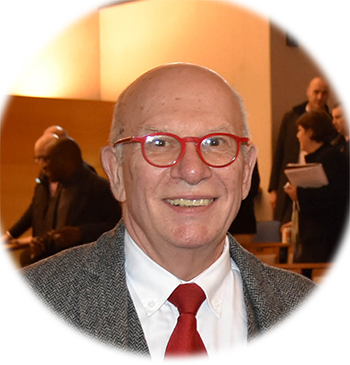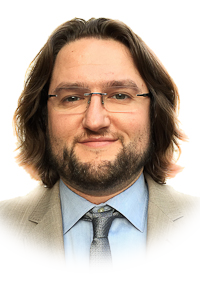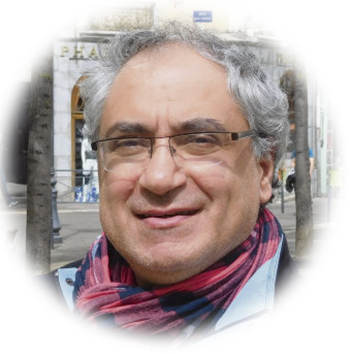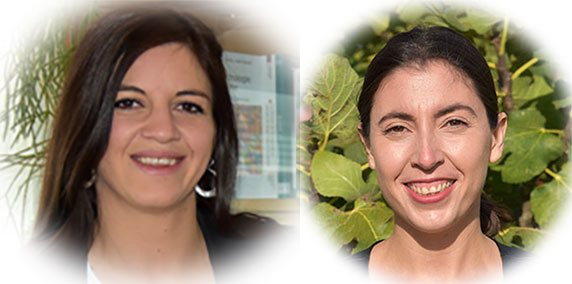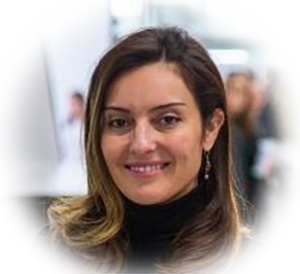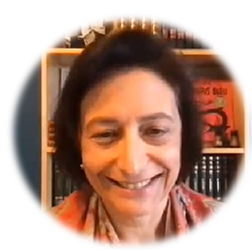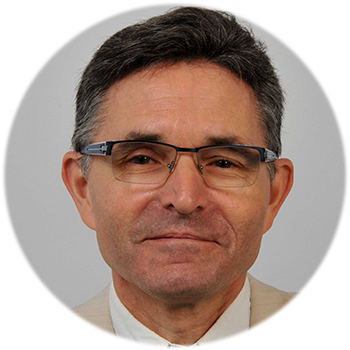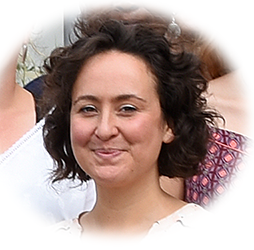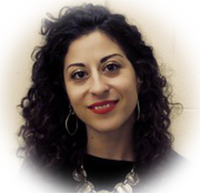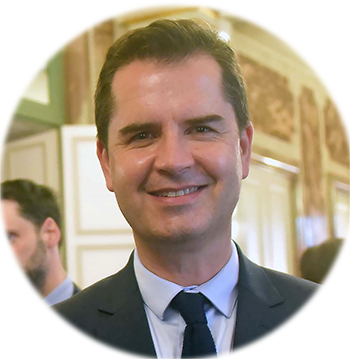
Restorative Justice Symposium - Replay
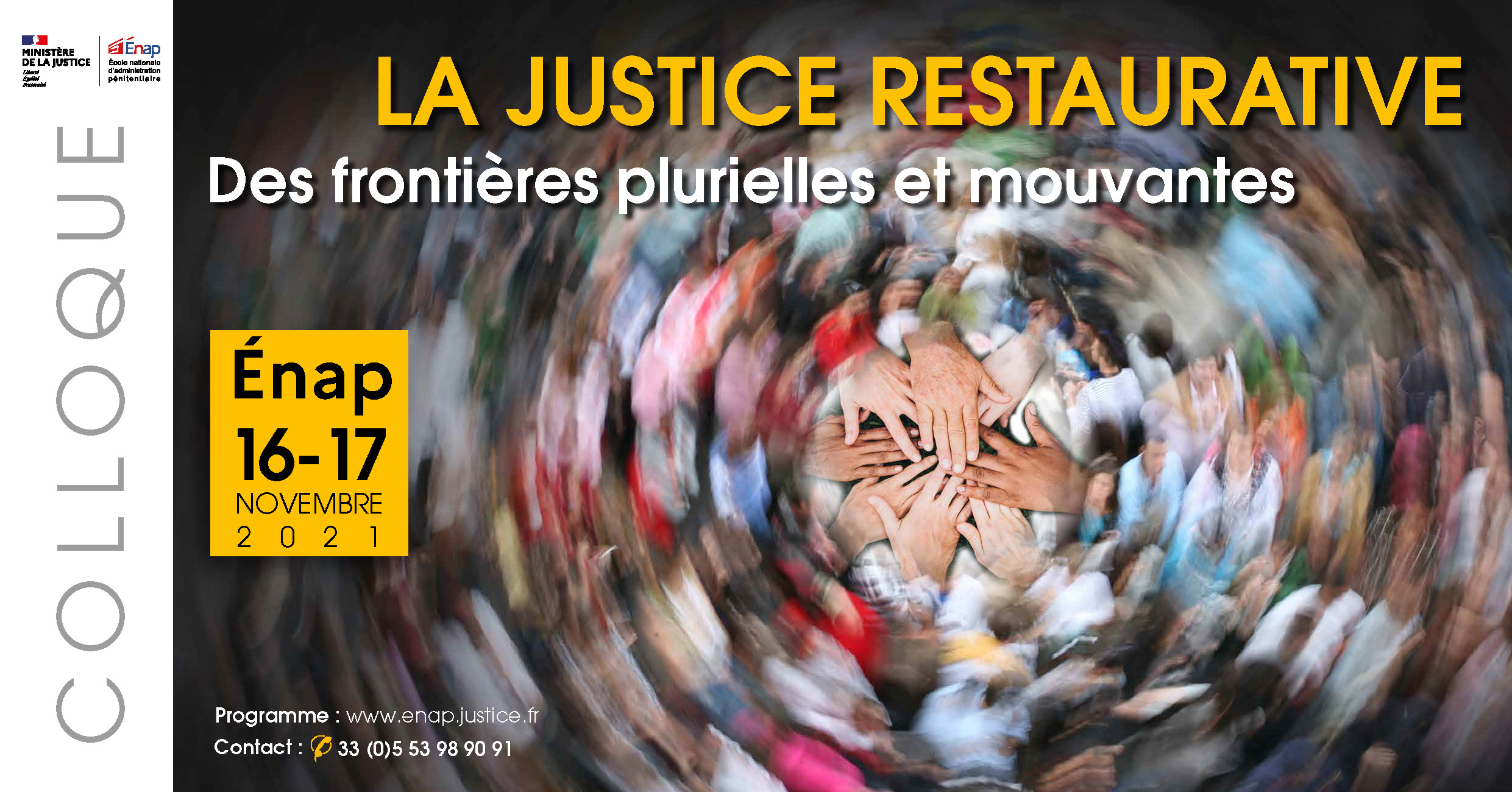 On November 16 and 17, 2021, the National Correctional Administration Academy organized a hybrid symposium entitled "restorative justice: plural and shifting frontiers".
On November 16 and 17, 2021, the National Correctional Administration Academy organized a hybrid symposium entitled "restorative justice: plural and shifting frontiers".
This symposium brought together around 380 people in person and remotely: probation officers, probation directors, trainee penitentiary services directors, auditors from the National School for the Judiciary, magistrates, prison administration staff, justice professionals and researchers from different disciplines. Live English interpretation has enabled international an online broadcast, particularly to our foreign partners.
After an opening of the symposium by Mr. Christophe Millescamps, director of the ENAP, and by Mr. Paul Mbanzoulou, director of the research, documentation and international relations division, 23 interventions by restorative justice experts (researchers and professionals) followed during these two days, as well as rich exchanges with the public. Gathered around four focuses, the various communications shed light on the appropriation and development of restorative justice in the French context and in the international context during the first day. The second day was an opportunity to question the challenges of training and the professionalization processes that it underlies, then the perspectives of restorative justice and its possible evolutions in different contexts.
The symposium was closed by Mr. Thierry Donard, deputy director of the penitentiary administration, who, after taking stock of the deployment of restorative justice in France, underlined and was delighted with the involvement and the mobilization of the School in this area.
The proceedings of the symposium, published by the Enap press, are already available for order on the Enap website.
You can view all the interventions on replay here :
SEE THE PRESENTATIONS
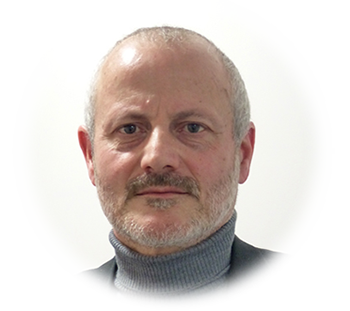 |
Christophe Millescamps
Énap’s director
|
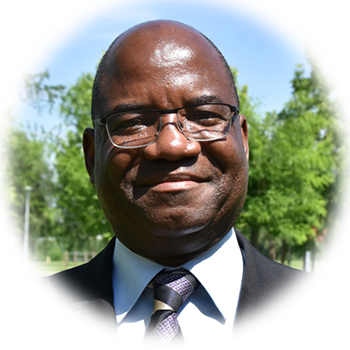 |
Paul Mbanzoulou
Research, documentation and international relations director
National Correctional Administration Academy (Énap), France
|
Topic 1 : RESTORATIVE JUSTICE IN FRANCE: FROM ITS ESTABLISHMENT TO ITS ASSIMILATION
|
|
Robert Cario
Emeritus professor of criminology
University of Pau and Pays de l’Adour
|
Question / RESPONSEQuestion from Christophe Millescamps : what more could the school do to further this noble cause of Restorative Justice ? Question from Jean-Philippe Mayol : During your contribution, you made the remark that some seemed to have reservations or regrets about the institutionalization of mediation. What can you tell us about this comment ? |
|
|
|
Delphine Griveaud
National Fund for Scientific Research /PhD Candidate
Catholic University of Louvain, University of Paris Nanterre
|
Question / ReSPONSEQuestion from the audience : Question of the chat : Question from Mr. Mayol : Do the actors you have met wish for supervision. And if they imagine it, it would be led by whom ? |
|
|
|
Jessica Filippi
Researcher in criminology French National Academy for Youth Protection and Juvenile Justice
Multifaceted and shifting frontiers of restorative justice for minors in France |
|
|
Benjamin Sayous
French Institute of restorative justice’s managing director
|
Question / ReSPONSEQuestion from Guillaume Brie : in the deployment of this Restorative Justice, are we not doing and saying rather than saying and doing ? Question from the audience : Questions in the chat : Will mediation involve the training of professionals ? How to reconcile judicial time and people's time ? |
|
Round-table discussion: restorative justice’s effects and limits in France
Moderator: Jean-Philippe Mayol, Enap’s deputy director
|
|
Emilie Matignon
Researcher and training officer
IFJR
|
|
|
|
Sid Abdellaoui
Social and occupational psychology professor
University of Lorraine
|
|
|
|
Lucie Hernandez,
university lecturer and researcher,
Interdisciplinary Centre of Applied Research in the Correctional field (CIRAP), Énap, France
and Anaïs Tschanz,
criminology researcher,
CIRAP, Énap, France
Does restorative justice stand the test of penitentiary space-time |
|
Question / ReSPONSEQuestions and exchanges with the participants : Question of the chat : Question from the audience : Question from the audience : Responses from Emilie Matignon, Sid Abdellaoui, Lucie Hernandez |
||
Topic 2 : RESTORATIVE JUSTICE IN THE INTERNATIONAL CONTEXT : MODELS AND ISSUES
Round-table discussion: International perspective on restorative justice
Moderator : Jacques Faget, emeritus research director of CNRS, Centre Émile-Durkheim, Bordeaux
|
|
Catherine Rossi
Criminology professor
University of Laval, Quebec
Relational mediation: an epistemological framework at the service of speech subjectivity
|
Question / RESPONSEQuestion from the audience : |
|
|
|
Anne Lemonne
Researcher at the National Institute of criminology and forensic science
Bruxelles
|
Question / RESPONSEQuestion of the chat : |
|
|
|
Véronique Strimelle
Criminology professor
University of Ottawa, Canada
|
Topic 3 : TRAINING ISSUES: FROM PROFESSIONALIZATION TO THE EVOLUTION OF PROFESSIONAL IDENTITIES
|
|
Paul Mbanzoulou
Research, documentation and international relations director
Énap France
|
Question / RESPONSEQuestion of the chat : Question from the audience : |
|
|
|
Jean-Philippe Mayol
Énap’s deputy director
|
Additional exchangesAdditional exchanges : |
|
Question / RESPONSEQuestion of the chat : Responses from Emilie Matignon, jean-Philippe Mayol, Jacques Faget and Lucie Hernandez |
|
Round-table discussion: Feedback from restorative justice trainers and trainees
Moderator : Lucie Hernandez, lecturer-researcher, CIRAP, Énap, France
|
|
Séverine Bouchet
|
Question / RESPONSEQuestion from the room : |
|
|
|
Coordinator of the French South-east branch
French Institute of restorative justice
|
|
|
Criminal lawyer
ARCA
|
Question / RESPONSEQuestion from the audience : Chat question : Question from the audience : |
|
Topic 4 : DEVELOPMENT ISSUES: REFLECTING ON TOMORROW’S RESTORATIVE JUSTICE
Round-table discussion: Societal issues and restorative justice
Moderator : Catherine Rossi, criminology professor, University of Lavel, Québec
|
|
Katerina Soulou
Doctoral student in private law and criminal sciences
University of Aix-Marseille
|
|
|
Olivia Mons
Communication and development manager
France Victims Federation
|
|
|
Sandrine Lefranc
Researcher in political science, scientific deputy manager
Institute of social and human sciences, CNRS
|
Question / RESPONSEQuestion 1 : when can we consider the restorative approach ? Question 2 : for the indirect victims, what is the place of the community in general, as a whole ? Question 3 : what would be the relevance of RJ in the face of perpetrators who resort to forms of dissimulation of their beliefs ? Question 4 : what is really specific to terrorism offences, or to spousal violence offences ? Question 5 : for radicalized detainees, can RJ be set up in a logic of preventing an offense ? Responses from Katia Soulou, Olivia Mons et Sandrine Lefranc |
|
Round-table discussion: Tomorrow’s restorative justice and its connection with penal justice
Moderator : Anaïs Tschanz, criminology researcher, CIRAP, Énap France
|
|
Margaux Coquet
Doctoral student in penal law
University of Jean Moulin Lyon 3,
|
|
|
Christophe Béal
Philosophy professor in preparatory classes in Tours
|
|
|
Marion Wagner
Research manager in law, correctional administration
|
Discussed subjectsHow did you become interested in RJ, how do you perceive it? (from 00:05:45) |
|
Question / RESPONSEQuestion from the audience : |
|
CONCLUSIVE STATEMENTS
|
|
Jacques Faget
Emeritus research director of CNRS
Centre Émile-Durkheim, Bordeaux
|
|
|
Thierry Donard
French correctional administration director or deputy director (TBC)
|


